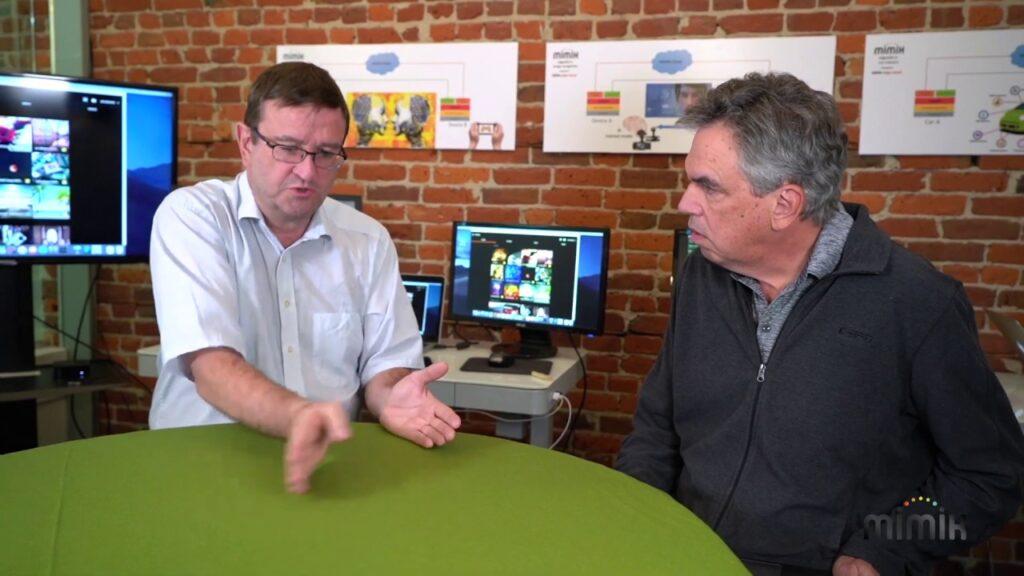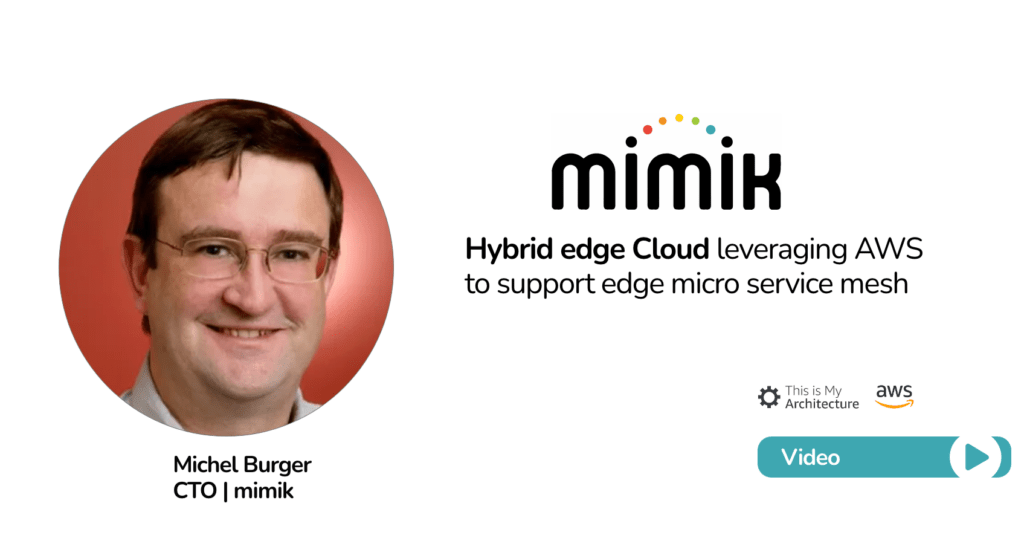Silicon Valley has an incredible collective of people working as a community to invent, develop and commercialise new technologies to change people’s lives for the better.
Engineers and scientists who have studied and worked for years on fundamental scientific and technology disciplines come together in one place to launch fundamental life-changing technologies including semiconductor, computing, networking, operating systems, software frameworks, business tools and application software for various vertical enterprises.
Unfortunately, this amazing place seems to be heading in a different direction. There is a new breed of tech celebrities some of whom put Hollywood to shame with extravagant lifestyles and hyping solutions to menial problems that have little or no positive impact on people’s lives. It seems that the old Silicon Valley quest for solving real-world problems through technology has turned into a quest for creating unicorns most of which have little impact on solving real world problems like affordable healthcare and education, public transport, world hunger, access to communication and green energy. While traffic has come to a stop on Golden Gate and Bay Bridges, there is more money being spent on travel to Mars than affordable public transport.
>See also: Shenzhen, China: The next Silicon Valley?
Trillions of dollars have been invested in grabbing eyeballs for ad driven revenues which is nothing short of stealing people’s data without sharing any of the profits with them. Hundreds of billions of dollars have been spent to replace existing albeit inefficient industries with new even less efficient monopolies by multibillion dollar reventure capital subsidies.
Much of the blame for this regressive trend can be attributed to the role of investment capital. Many venture capitalists in Silicon Valley are looking for quick and large exits with companies that have little technology breakthroughs. A well-known venture capitalist has even proclaimed proudly that “competition is for losers” and “If you want to create and capture lasting value, look to build a monopoly” – with very little push back from the community!!! This is probably a broadly-held view in the Silicon Valley as it has not met with any significant push back from many of the Silicon Valley elite.
As a result, many fundamental technology innovations are cash-starved and many inventors and scientists are sitting on the sidelines while billions of dollars are invested in a quest for unicorns and monopolies. Scientific and technology innovations with real social impact has less value in the eyes of many controlling the innovation capital than an opportunity to create unicorns through VC subsidies and hype.
Decentralisation is key to create life-changing tech
Thankfully, there is a parallel movement to this trend that is very promising. The decentralisation movement has been developing a seemingly viable platform for ordinary people to participate in funding and even developing solutions to real-world problems. The movement is in its infancy and experiencing teething pains. Yet, it is very promising.
>See also: Silicon Valley: Here’s why China is the next global home of tech
Decentralisation may potentially create the needed balance to ensure access to capital for breakthrough life-changing technologies and solutions. It may help people to effectively participate directly on funding solutions that are deemed important to their lives. It will also help investing directly some of the personal capital in the way of currency, data, buying power, and other resources towards developing solutions that have positive social impact. It will help pull their resources together to create thousands of new thriving companies that solve real-world problems instead of a handful of unicorns with little real impact or even negative impact. The collective active participation of the masses along with the necessary capital can accelerate the pace of innovation for breakthrough life-changing technologies.
However, there is a danger that this nascent movement gets hijacked and derailed with greed and ponzi and pyramid schemes. For the decentralisation movement to succeed a few fundamental challenges need to be addressed.
>See also: Inside the fastest-growing unicorn in Silicon Valley
First and foremost, there should be a collective governance on dispersion of capital to projects to reduce the risk of fraud or mismanagement of capital.
Second, there should be an investment model for fair participation where early investors get rewarded according to the level of risk and not early access to initial offerings.
Third, the community should develop enabling technologies that minimise reliance on unnecessary trust elements and middlemen to bring capital and operational efficiencies.
Fourth, there should be a scalable decentralised infrastructure for computing and networks where no entities have the power to bias the direction away from its collective goals.
>See also: Silicon Valley investment into the UK breaks $1BN
Society needs the decentralisation movement to remain focused and bring back the passion to create life-changing technologies and solutions back to Silicon Valley. Many people in Silicon Valley feel the same way although the majority are not speaking fearing being labelled old-school. By contrast, speaking up against hype-mongering and monopolies may be old-school but the “right thing to do”. There is a silent majority that needs the confidence to pull together to do the right thing.
Silicon Valley needs to get back to its roots by investing venture capital in core technologies that solve real-world problems, also leveraging the new trend in decentralisation to allow people to directly participate to make the world a better place through technology innovation.
VANCOUVER, British Columbia, May 3rd, 2018.
Every year, Concordia University Alumni association honors contributions made by alumni, students, friends, faculty and staff. As one of the leading educational institutions in Canada, Concordia has been committed to society, innovation and excellence. This year, Fay Arjomandi, co-founder of mimik, and Chairwoman of H2 Wellness has been awarded the Alumnus/Alumna of the year recognition for her professional excellence and community leadership. Fay received B.A.Sc. degree in Electrical Engineering from Concordia University in 1998.
From August 2014 to September 2016 she was CEO of a group of mobile companies under Nantworks, including Tensorcom, and NantMobile. Prior to that, Fay was the CEO of Vodafone xone where she successfully launched Vodafone xone in Silicon Valley as the global incubation center for Vodafone Group and the beta brand for many of its operating companies worldwide.
Prior to Vodafone, Fay was a founder and CEO of three start-up companies L3 Technology, Mobidia, and Disternet (now mimik). In 2014, she was named as one of the most influential women business leaders in Silicon Valley by San Francisco Business Week, and in 2006, received the Distinguished Business in Vancouver’s “Top 40 Under 40” award presented to outstanding leaders in their chosen fields.
Fay has been a thought leader in decentralized computing since 2009. Her passion is to create a decentralized edge cloud platform to ensure internet remains open and consumers are in charge of their personal data and information. She is also active in many philanthropic efforts and is an advisor to several companies with a progressive social agenda including Studytracks and BrightBuddies.
About mimik
mimik has developed a software platform that turns any computing device into a potential edge cloud server capable of discovery and microservice communication with other server nodes in a decentralized fashion with no need for a central server or even internet. mimik expands the existing central cloud to all computing devices and creates an edge cloud fabric that is potentially millions of times larger than Amazon Web Services (AWS).
For more information, please visit: http://www.concordia.ca/alumni-friends/applause/awards.html



